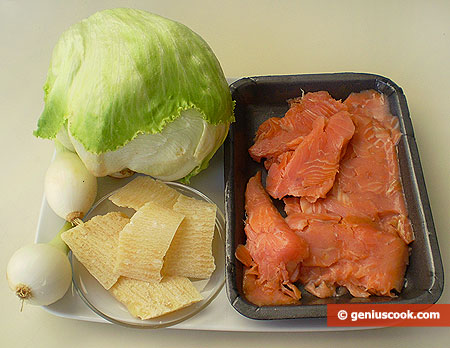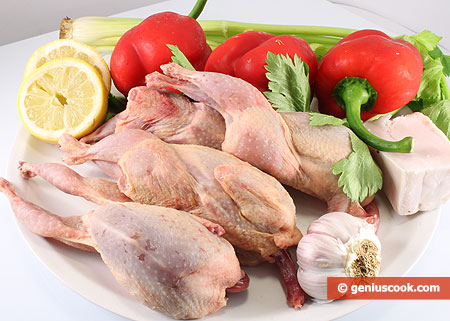Vegetarians willy-nilly
The media regularly publish articles about the benefits of plant-based nutrition. However, researches are very inconsistent and contradict each other every month.
Many parents, who are supporters of vegetarianism, try to attach their loved ones to this style of food. If we are talking about adults, it is their business and their decision.
But we will talk about the children who may be constrained to vegetarianism in such a family.
Is it possible to introduce the children to vegetarianism and grow them healthy?
- The growing organism needs complete protein and essential amino acids much more than that of an adult. For example, essential amino acids, arginine and histidine, are necessary for the growth of children. One of the signs of their lack is cessation of growth and loss of hearing, the risk of developing diabetes. The main sources of essential amino acids are fish, poultry and meat. Excluding meat from the kid’s diet, parents deprive him/her of the building material for muscles, the most important source of enzymes, hormones, and biologically active substances involved in many processes.
- Proponents of vegetarianism believe that protein deficiency can be supplemented by legumes and dairy products. It cannot be suitable to every adult and does not fit the children’s needs at all. Legumes contain rough fibers, which are fermented in the intestines, causing cramps and bloating. Amino acids contained in milk, meet the needs of the child only up to 1 year.
- Though soy is considered one of the best substitutes for meat, in big amounts it reduces the function of the thyroid gland. In children, it leads to cretinism development. Furthermore, in large quantities, soy blocks trypsin, an enzyme required for the absorption of proteins. Besides, it is worth noting that 90% of the world’s soy is genetically modified. If you read the label saying it does not contain GMO, do not believe it – this is hoax.
- Other necessary nutrition elements include fatty acids. Vegetarians say that vegetable oils are healthier than animal oils. It is possible. However, a gross violation of their ratio adversely affects health. Plant products contain omega-6 and a portion of omega-3 polyunsaturated fatty acids. However, vegetable oils do not contain two essential fatty acids: docosahexaenoic and eicosapentaenoic acids which are present in the fish. They are necessary for the development of the brain and good vision. In case of abundant dietary intake of plant omega-6 acids, which happens in case of vegetarianism, the deficit of eicosapentaenoic acid and docosahexaenoic acids gets dramatically worse.
- Another risk is deficiency of vitamin D. Even in the children with a balanced diet, there is a deficiency of this vitamin in the autumn-winter period. And vegetarians suffer from it all year round. The shortage of vitamin D in children disturbs the formation of bones and teeth. Besides, vegetarian children lack zinc and calcium.
- Plant foods do not contain vitamin B12, the lack of which leads to severe anemia and the destruction of nerve cells. Lack of carnitine, which is found in meat, leads to the slowing of physical and mental development, increases the risk of sudden death for no apparent reason. There are problems in vegetarian children due to poor absorption of iron. Meat iron comes in a form that is readily absorbed in the intestines. The greater part of the plant iron is transited through the gastrointestinal tract without being absorbed. This leads to anemia, slow growth, and lack of oxygen.
During the years of evolution the humans have lost the ability to effectively process vegetarian food, which is reflected in the lack of specific enzymes and microbes in the gut.
It may be worth agreeing on a compromise and refraining from child vegetarianism? Let your child develop fully without tolerating deficiency in anything. The best way is a balanced diet.
It is known that a child, limited in the diet for the first 2-3 years of life, will never reach the level of development, which was originally programmed in his genes.
If the parents are convinced of the need to abandon animal food, they will find the words to prove to the already grown up and strong child that his lifestyle is correct. But you do not need to do this by force, especially when the child is still small, not well developed, and cannot independently decide what style of eating he/she wants to stick to.









